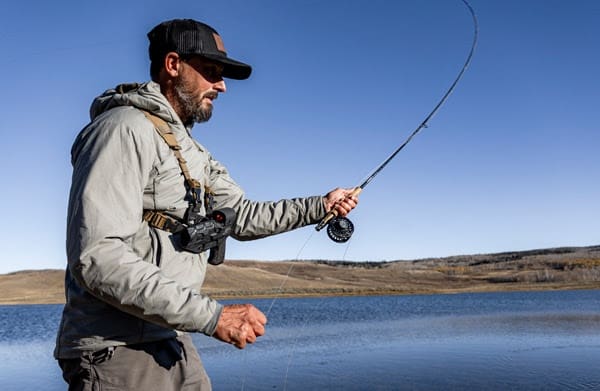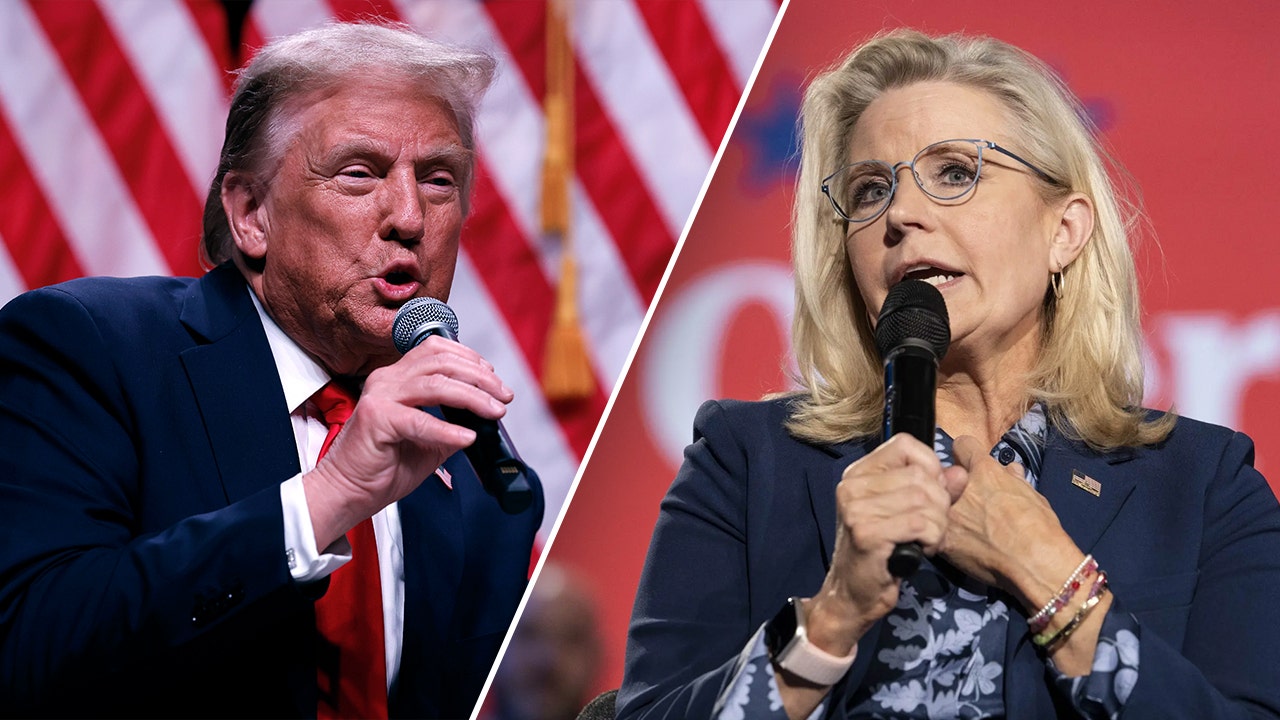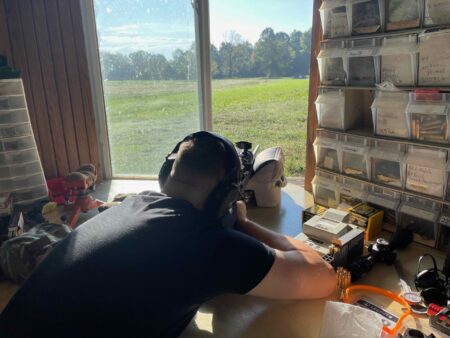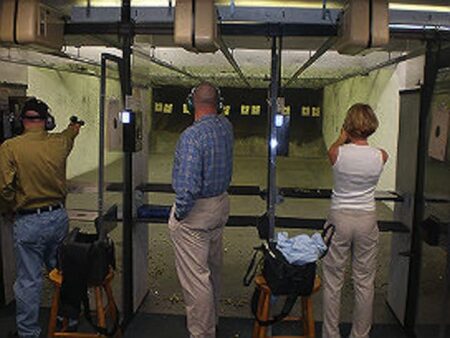
What kind of government entity would deprive citizens of the right to carry a firearm for self-defense while fishing?
Until this week, the Wisconsin Department of Natural Resources (DNR) had just such a gun ban for anglers in the state. But thanks to a legal challenge by the Wisconsin Institute for Law and Liberty (WILL), the DNR recently lifted the longstanding ban.
WILL challenged the ban on Second Amendment grounds, arguing that it violate anglers’ right to keep and bear arms.
“This action by the DNR properly restores the liberties provided by our Constitution to our client and thousands of Wisconsin fisherman,” Skylar Croy, WILL associate counsel, said in a statement after the ban was lifted. “Mr. Kobs and the many law-abiding gun owners can once again exercise their constitutional right without fearing unlawful enforcement.”
As some background, Wisconsin’s firearm fishing regulation was among the nation’s most restrictive because it not only regulated how one could harvest a fish, but it prohibited the possession or control of “any firearm” that “might be used for the purpose of fishing.” Because all firearms could potentially be used for fishing, this rule functioned as a complete firearm ban.
Many states merely forbid firearms as an instrument for harvesting a fish, but Wisconsin additionally prohibited possession on or near the water altogether. Fines for violation could have been as high as $544.50 when court costs are included.
The WILL legal challenge was made on behalf of Wisconsin angler Travis Kobs, who wanted to carry a firearm for self-defense while fishing but was forbid to do so by the state DNR regulation.
“Because of this effort, I can now lawfully protect myself by carrying a firearm while out on the water, fishing, boating and camping,” Kobs said following the lifting of the ban. “I am grateful for the work done by WILL and their team to bring this issue to the forefront.”
According to court documents, the agreement reached between Kobs and the DNR included certain stipulations for both parties.
It is hereby agreed and stipulated, by and between the parties, through their undersigned counsel, that: 1. Acting Secretary Steven Little has notified the Plaintiff that he intends to repeal Wis. Admin. Code § NR 20.05(2) as soon as practicable and without delay,” the court agreement stated. “He hopes to successfully effect the repeal through the expedited repeal process. However, should that process fail for any reason, he commits to pursuing the repeal through the full, formal repeal process. In exchange, Travis Kobs agrees to dismiss his complaint upon the completion of the repeal process set forth in paragraph 1. Mr. Kobs will notify this Court within two business days of the repeal and file a voluntary dismissal within five business days of the repeal.”
Read the full article here











